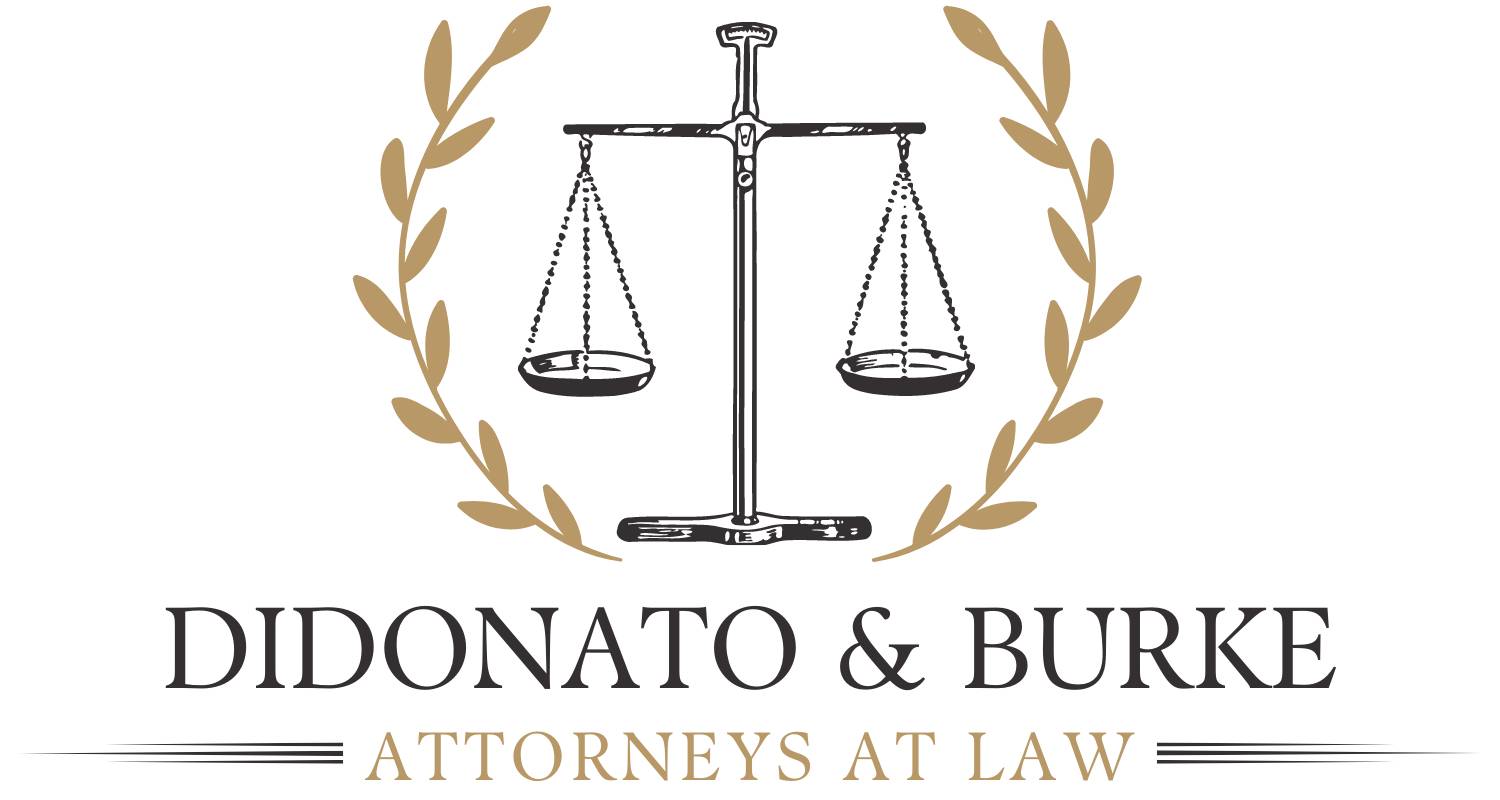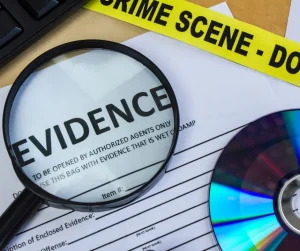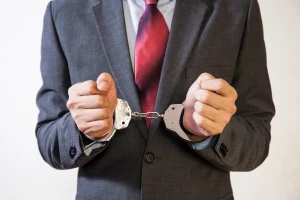Going through a criminal trial can be a daunting experience. Whether you’re the accused, a witness, or simply trying to understand the legal system, knowing what to expect from arrest to verdict is crucial. This guide will walk you through the key stages of a criminal trial, helping you navigate this complex process.
The Arrest: Yep, It’s as Bad as It Sounds
The criminal trial process typically starts with an arrest. This is when law enforcement takes a person into custody based on probable cause that they’ve committed a crime. During this stage:
- Keep your mouth shut (seriously, it’s your right)
- Ask for a lawyer (trust me on this one)
- Listen to the Miranda rights (it’s not just TV drama stuff)
Look, I get it. You might be tempted to argue or explain. Don’t. Just stay cool, even if you think it’s all a big mistake. What happens now can make or break your case later.
Booking and Initial Hearing
After the arrest, you’ll go through the booking process. This involves:
- Having your fingerprints and photograph taken
- Providing personal information
- Having your belongings inventoried
Soon after, you’ll have an initial hearing, also known as an arraignment. Here, you’ll be formally charged, and the judge will:
- You’ll hear about your rights (again)
- They’ll ask if you need a lawyer (say yes if you don’t have one)
- Bail gets set (or you might get lucky and walk)
This is just the start of what you can expect from arrest to verdict. Having a good lawyer at this point? It’s like bringing a lifejacket to a shipwreck.
Pre-Trial Proceedings
Now we’re in the pre-trial phase. It’s where the real behind-the-scenes action happens:
- Your attorney may file motions to:
- Suppress evidence
- Dismiss charges
- Change venue
- Plea bargaining might occur, where your lawyer negotiates with the prosecutor for a reduced charge or sentence in exchange for a guilty plea.
- Discovery takes place, where both sides exchange information about the evidence and witnesses they plan to present.
This stage can last weeks or even months, depending on the complexity of the case and the court’s schedule.
Jury Selection
If your case goes to trial, the next step is jury selection, also known as voir dire. This process involves:
- Questioning potential jurors to ensure they can be impartial
- Both the prosecution and defense can dismiss jurors they believe may be biased
The goal is to create a fair and balanced jury that will decide your case based solely on the evidence presented.
The Main Event: The Trial
The trial is where both sides present their cases. Here’s what to expect from arrest to verdict during this crucial phase:
- Opening Statements: Both sides outline their arguments to the jury.
- Presentation of Evidence: The prosecution goes first, followed by the defense. This includes:
- Witness testimony
- Physical evidence
- Expert testimony
- Cross-Examination: Each side gets to question the other side’s witnesses.
- Closing Arguments: Both sides summarize their cases and try to persuade the jury.
- Jury Instructions: The judge explains the law and what the jury must consider in reaching a verdict.
Throughout the trial, your attorney will work to create reasonable doubt about your guilt and challenge the prosecution’s evidence.
Jury Deliberation and Verdict
After closing arguments, the jury retires to deliberate. This process can take hours, days, or even weeks in complex cases. During deliberation:
- Jurors review the evidence and testimony
- They must reach a unanimous decision in most cases
- They may ask questions of the judge for clarification
Once the jury reaches a decision, they return to the courtroom to deliver the verdict. This is the moment of truth in the criminal trial process.
Sentencing (If Convicted)
If the verdict is guilty, the final stage is sentencing. This may happen immediately or at a later date. During sentencing:
- The judge considers factors like the severity of the crime and your criminal history
- Both sides can make arguments about what they believe is an appropriate sentence
- You may have the opportunity to speak on your own behalf
Understanding what to expect from arrest to verdict can help you navigate this challenging process more effectively.
Post-Trial Options
Even after the verdict, there may be more to the criminal trial process:
- If found not guilty, you’re free to go, though civil lawsuits may still be possible
- If convicted, you have the right to appeal the verdict or sentence
- Your attorney can file post-trial motions for a new trial or to set aside the verdict
Remember, each case is unique, and the specific details of what to expect from arrest to verdict can vary depending on the jurisdiction and nature of the charges.
Contact Our Philadelphia Criminal Defense Attorneys
At DiDonato & Burke Law Firm, we’ve spent over two decades navigating the complexities of criminal trials in Philadelphia, its surrounding counties, and South Jersey. Our background as former prosecutors gives us unique insights into what to expect from arrest to verdict.
If you’re facing a criminal trial in our area, remember:
- Stay calm and exercise your rights during arrest
- Secure experienced, local representation immediately
- Trust in our deep understanding of local court systems and procedures
- Let us prepare you thoroughly for each stage of your trial
- Know that we’re here for you, even after the verdict
Knowing what to expect from arrest to verdict is crucial, but having the right team by your side is even more important. At DiDonato & Burke Law Firm, we bring our prosecutor’s insight and defender’s passion to every case we handle.
Don’t face this challenging time alone. Contact DiDonato & Burke Law Firm today, and let our experience in Philadelphia and South Jersey courts work for you.



